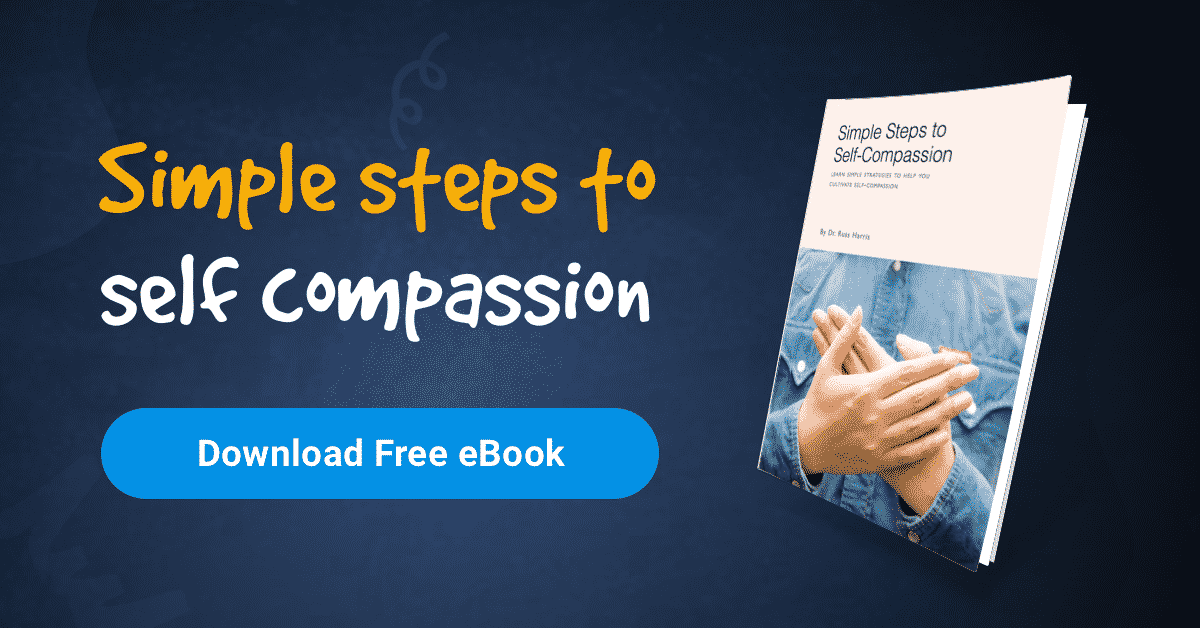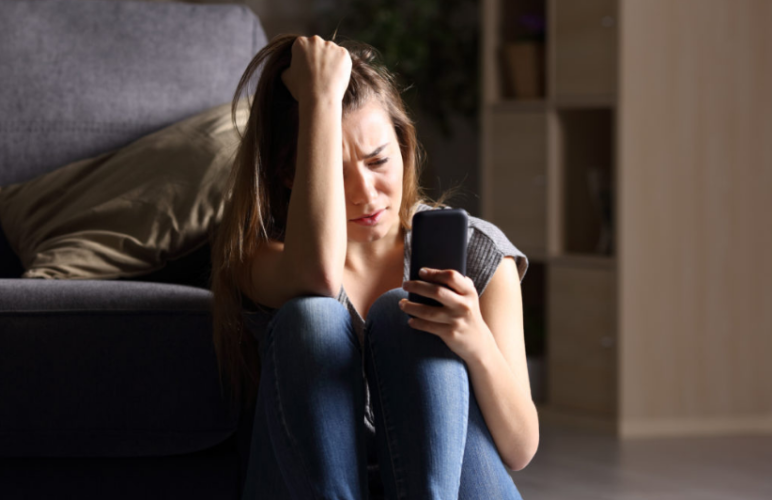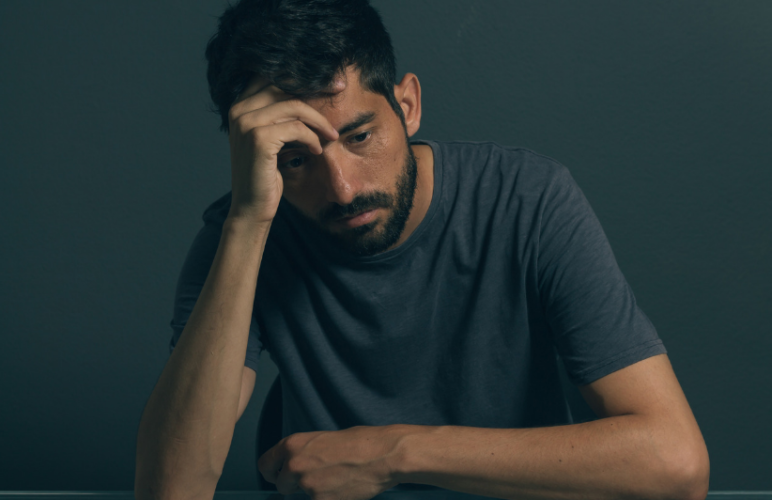I run workshops around the world, and in every country I visit they have some version of the phrase ‘no worries’.
In my homeland, Australia, ‘no worries’ is virtually a national catchphrase. It’s incredibly rare to have a conversation without someone saying it.
In other countries, rather than ‘no worries’, it’s ‘no problem’ or ‘pas de probéme’ or ‘nema problema’. In India, I was amused by many taxi drivers who said to me, in their best English, “no worry, don’t hurry, chicken curry”. But if only the sentiment were true – if only we really didn’t have any worries or problems or stresses.
But of course, this isn’t the case. In Western countries, around 20% of the population will suffer from some type of anxiety disorder in their lifetime.
Yes, that is 1 in 5 people! And of course, even if we don’t suffer from a full-fledged anxiety disorder, we all know what it’s like to worry.
To go over and over our problems, imagining the worst, thinking about all the things that could possibly go wrong. I’ve asked over 30,000 people (in workshops and talks that I have given) to raise their hand if they are ever awake in the early hours of the morning worrying. Typically, about 90% of the hands in the audience go up.
To paraphrase Mark Twain, I’ve lived through thousands of frightening experiences in my life…and one or two of them did actually happen.
So isn’t it time we got a bit more honest about this? Isn’t it time to own up to our worrying? To stop denying it? I wonder what might happen if we started to see worrying as normal – as part of being human, rather than something to hide or deny or pretend doesn’t exist?
When we judge worrying as abnormal, unnatural, and the enemy of happiness (‘don’t worry, be happy!”) what happens? Inevitably, we get anxious about our worrying, and then in turn, we worry about our anxiety. And then as a knock-on, we worry about worrying about our anxiety.
Moreover, most of us are quick to say, “You worry too much’ or “I worry too much” or “I know I shouldn’t worry about it, but….?”
And many of us are also pretty quick to give what is arguably the most useless advice in the world: “Don’t worry about it!” (As if that is somehow magically going to stop the worrying!”
When my son was eight, the headmistress of his school proudly announced in the newsletter that the Grade 2 kids (aged 7 to 8) would adopt ‘Hakuna Matata’ as their catchphrase for the year. If you’ve ever seen the movie, “The Lion King”, you’ll recognize the phrase from the song of the same name. ‘Hakuna Matata’ means, “have no worries!”.
So I wrote her a long letter (poor woman). I talked about the grave dangers of sending this message to young kids. It denies their reality (all kids worry). And it makes them think worrying is abnormal! Or unnatural!
Which in turn will probably make them think there is something wrong with them. Wouldn’t it be better, I asked, if we taught them that everyone worries at times? That worrying is normal?
And then I suggested, given that there is no known way to stop the human mind from generating ‘worries’ (i.e., thoughts about unpleasant things that might happen in the future), we could teach them practical skills – mindfulness skills – to handle worrying more effectively.
Her reaction?
Well, let’s just say she didn’t appreciate my perspective. So all the kids got the “no worries” programming, including mine. But at least I was able to counteract it by teaching him the very opposite of what he was learning at school.
A sad reflection of the times we live in. But hey, no worries, right?




